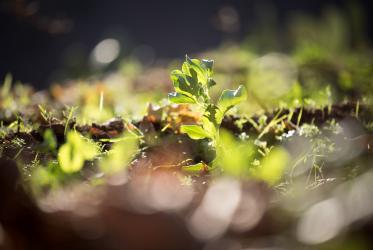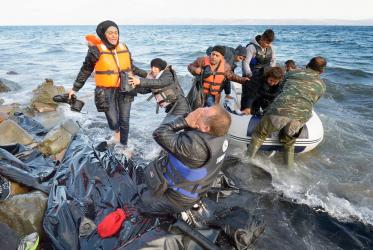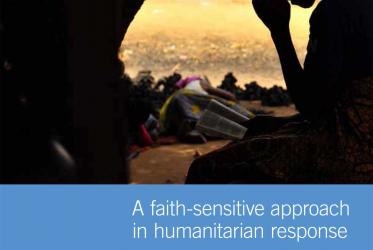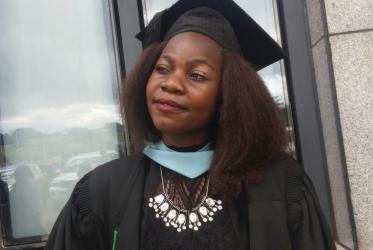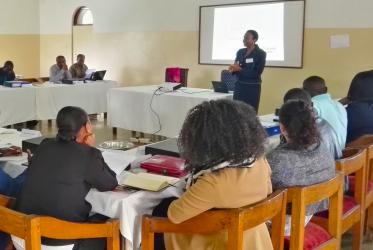Displaying 61 - 80 of 143
21 December 2018
Dr Cecile De Sweemer, the doer of God
30 November 2018
WCC Eco-School encourages youth to become eco-ambassadors
08 November 2018
Worrying food shortages compel faith action
19 October 2018
WCC invites Churches’ Week of Action on Food 2018
11 October 2018
WCC calls for Global Day of Prayer to End Famine
31 May 2018
Re-engineering life forms: Church forum raises concerns
09 November 2017
Responsible agriculture investments theme of WCC session
16 October 2017
“Good healthcare a right, not a privilege,” says WCC-EAA
11 October 2017
African youth takes stand at first ever WCC Eco-School
03 August 2017



